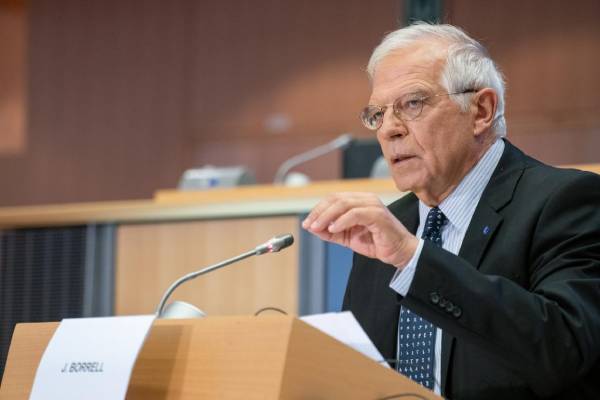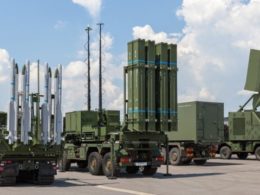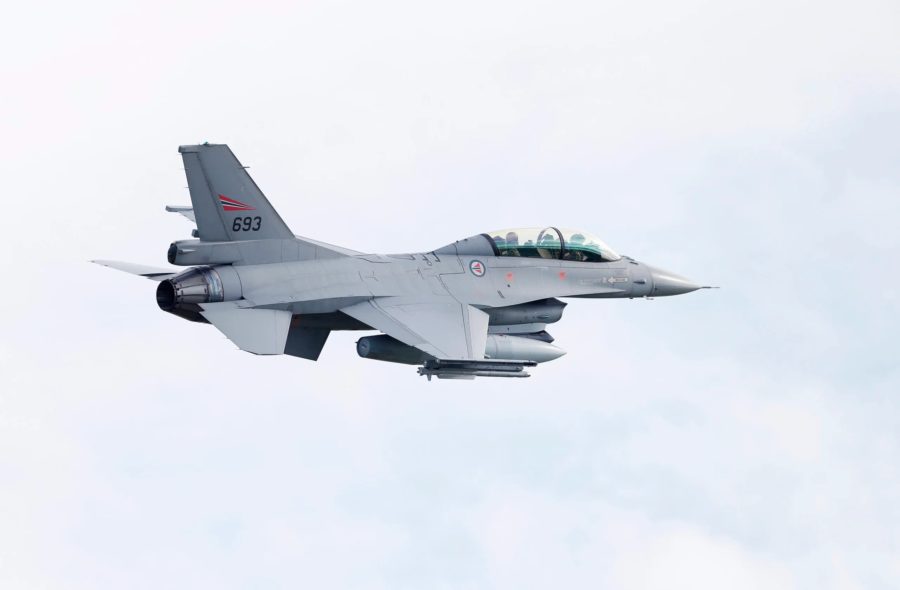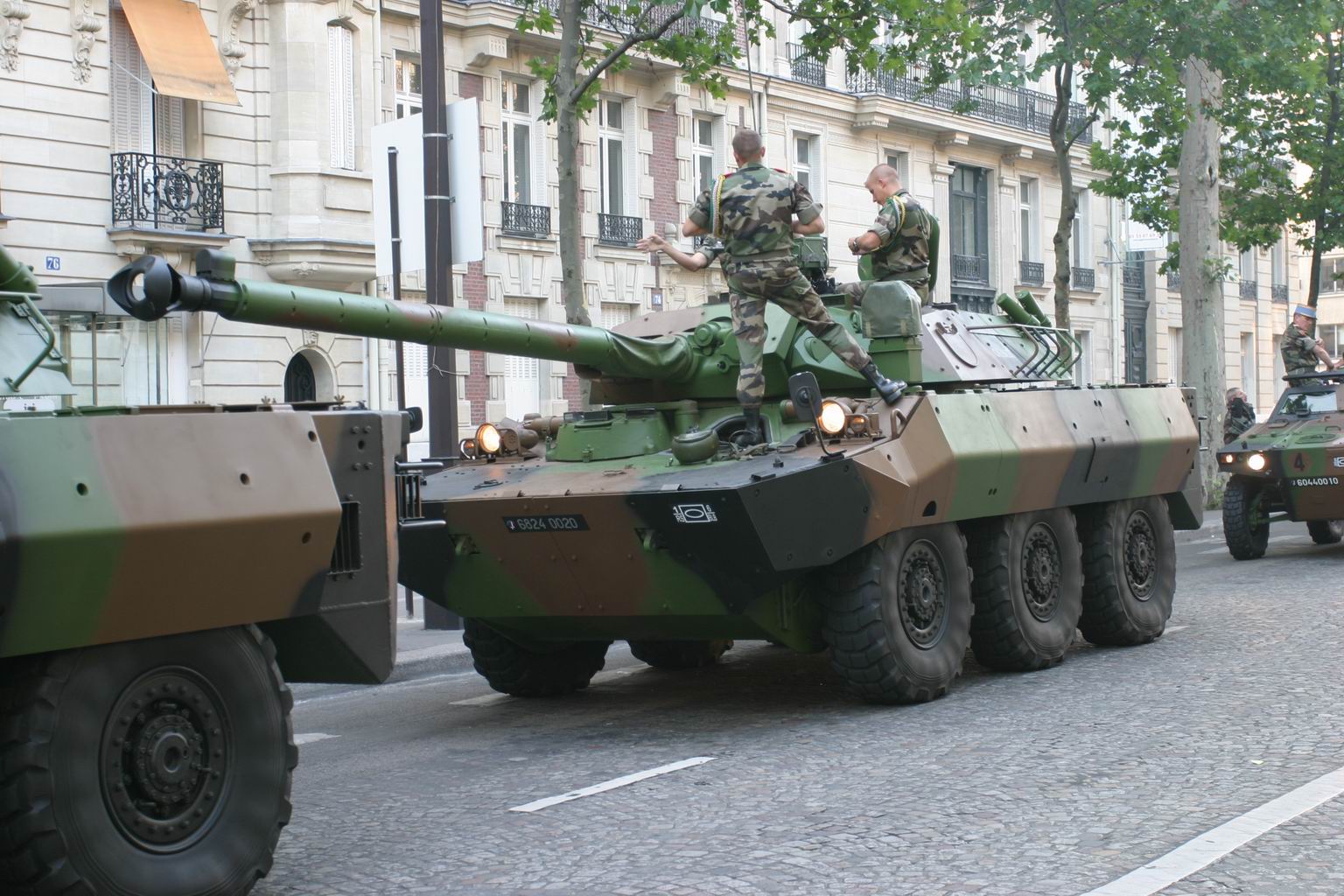"Some may say: 'Oh, it is very expensive to support Ukraine.' Not to support Ukraine and let Ukraine fall in front of Russian aggression will be much more expensive for us and for the generations to come because Russia will become a bigger threat to our security and freedom," Josep Borrell said.
Do EU sanctions on Russia work?
The statement also highlighted the EU's efforts to reduce dependency on Russian energy imports, with the value of EU gas imports from Russia falling by 82% between February 2022 and December 2023. The share of Russian gas in the EU's total imports fell from 40% in 2021 to 15% in 2023. The EU has imposed 13 rounds of sanctions in response to Russia's invasion of Ukraine, which have considerably weakened Russia's economy and war machinery, the High Representative reported. However, a recent Monitor investigation found that German firms are involved in supplying materials for rebuilding efforts in Russian-occupied Mariupol, raising concerns about compliance with EU sanctions. The EU is in the process of finalizing its 14th round of sanctions against Russia, aiming for adoption this spring. These actions follow 13 previous packages designed to impact Russia's economy and its war capabilities, with the upcoming sanctions expected to include measures against maritime sector circumventions, especially in oil trade.Condemnation of illegitimate Russian elections
On behalf of the EU, the High Representative also strongly condemned the illegitimate elections organized by Russia in the temporarily occupied Ukrainian territories."They took place under a flood of disinformation, lack of access to independent media, and strong propaganda supported by massive public funds for many years. So, to call that 'elections' is an irony," Josep Borrell said.Russian authorities did not invite observers from the Organisation for Security and Co-operation in Europe (OSCE), which goes against Russia's international commitments and denies voters and institutions transparency and independent assessment. The High Representative emphasized that the EU should continue providing steadfast support to Ukraine, not only because it is a neighboring country but also because it is a close partner and now a candidate for EU membership. Ukraine applied for EU membership shortly after Russia's invasion in 2022, and the European Council granted it candidate status in June of the same year. Related:





